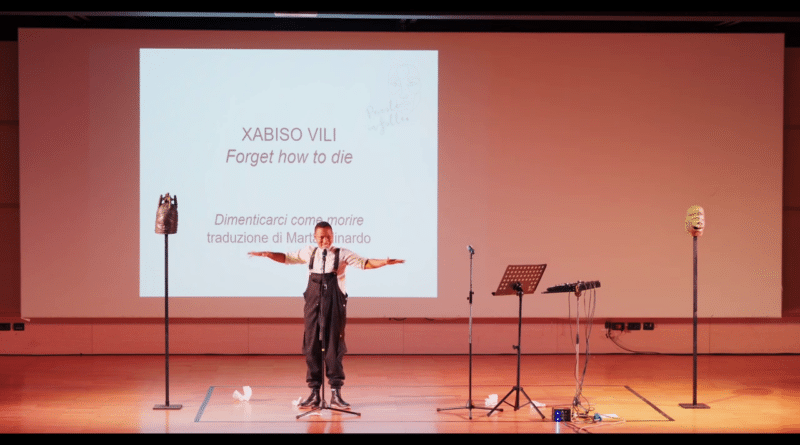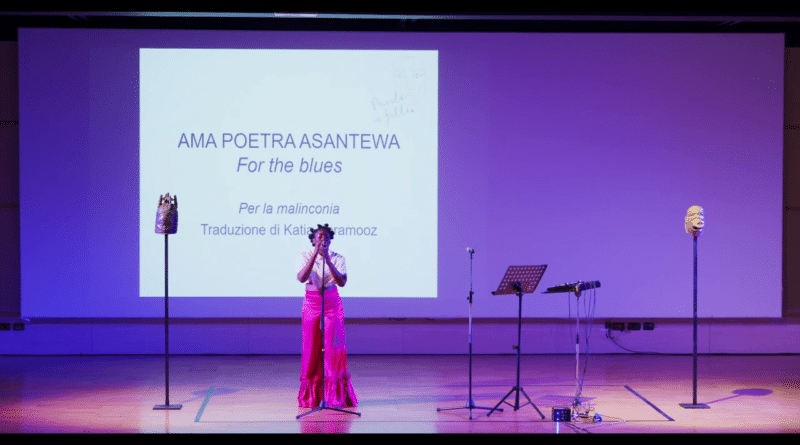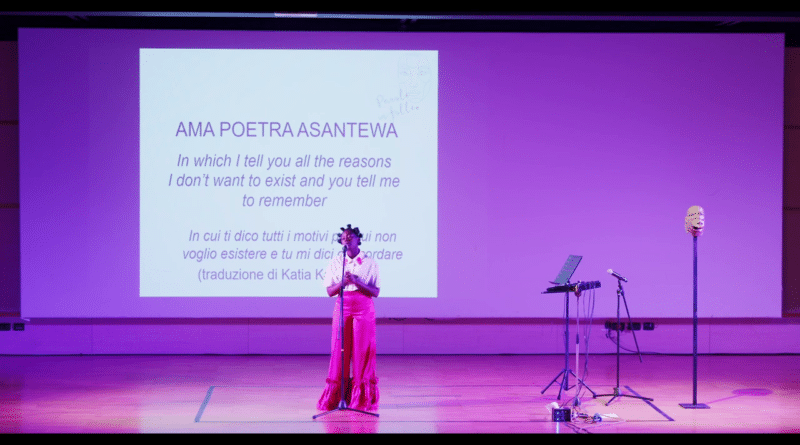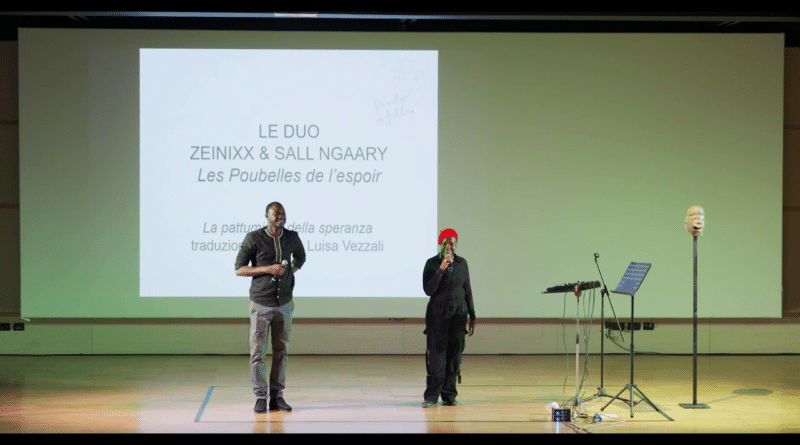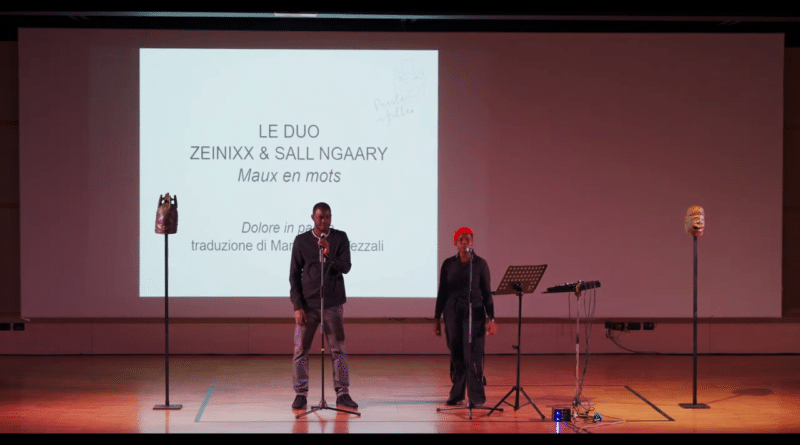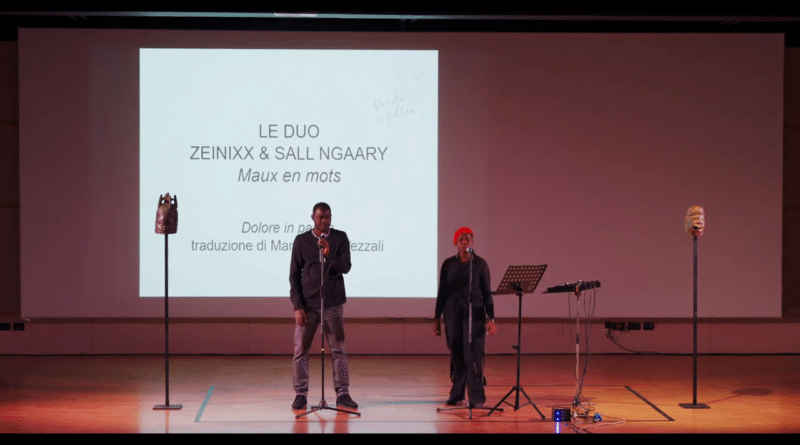“Nathi’s Eulogy”, yet dying stay contagious
Often suicide deaths are surrounded by silence, by the shame induced by a loved one’s refusal to live. Relatives, friends begin to talk about tiredness, s/he “was tired of living” people use to say. This poem is a rebellious act against such useless, harmful tactfulness. Truth is necessary and healing, saying “suicide instead of tired” is necessary as reading the signs of a deep depression; this is what Xabiso Vili’s verses suggest. In order to save ourselves, our loved ones and all the people like Nathi, those brotherly friends we’d have never wanted to lose that way.
Leggi di più

